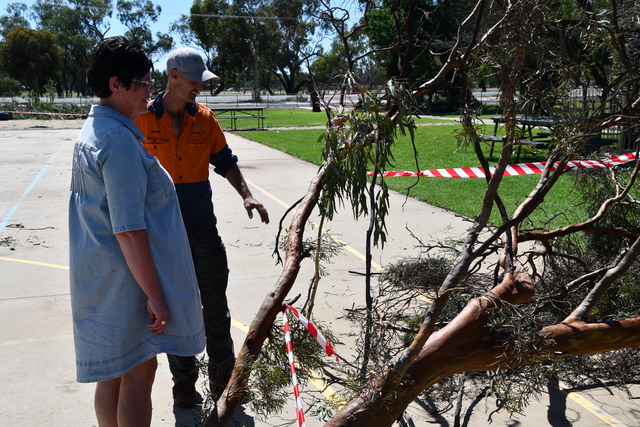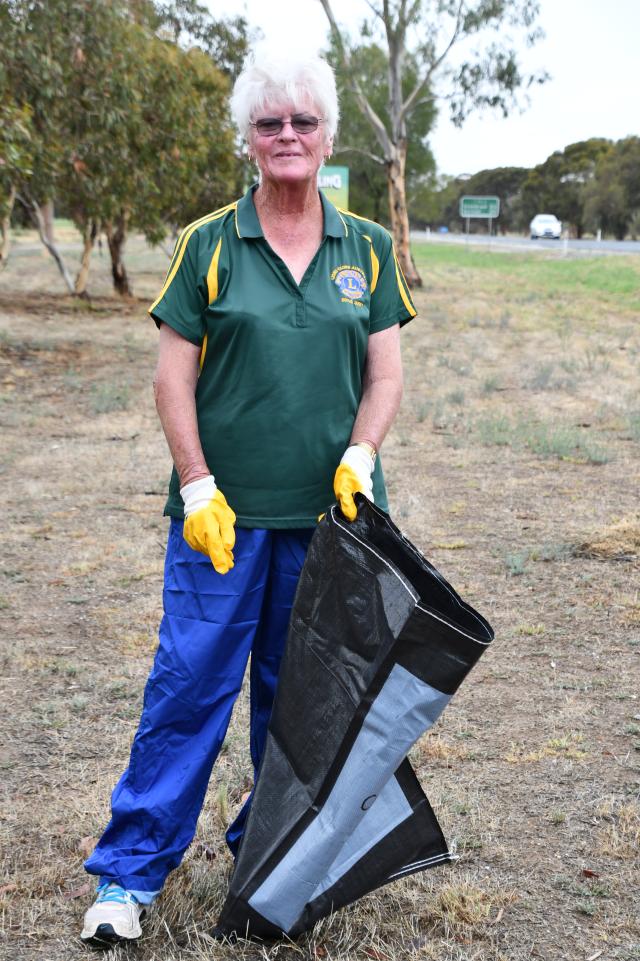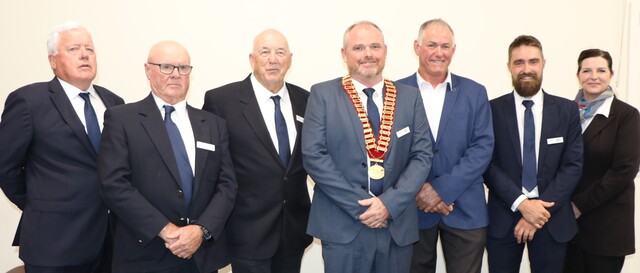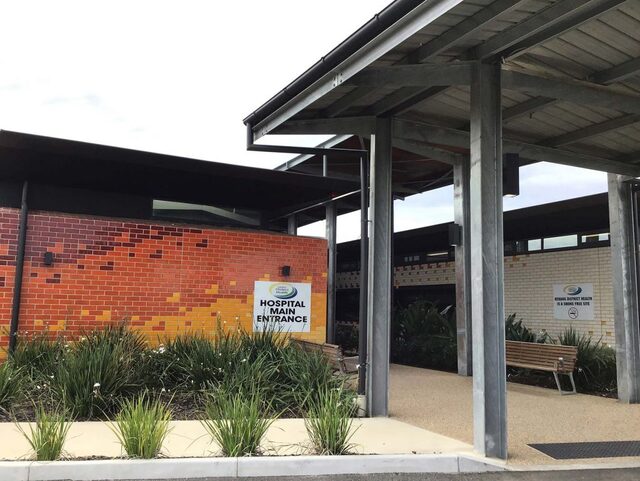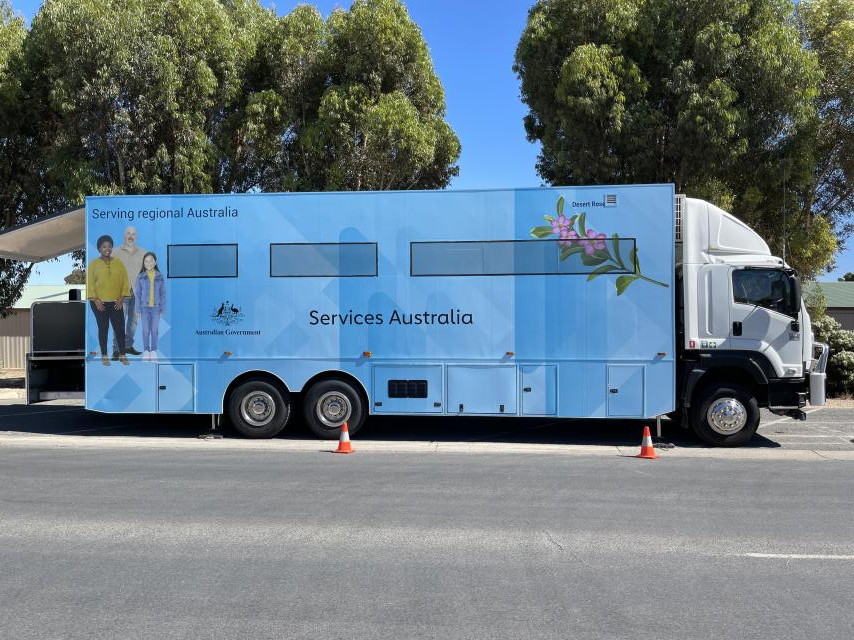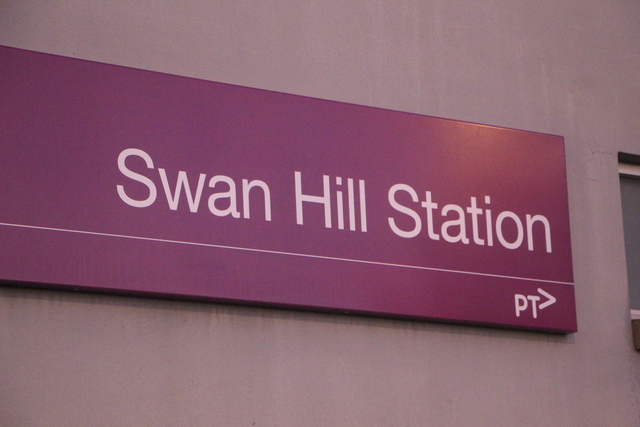
GANNAWARRA Shire Council staff have vowed to keep the impact of industrial action to a minimum as a pay dispute between the council and the Australian Services Union intensified this week.
Union members implemented council-wide work bans on Tuesday after negotiations between the two parties broke down.
In a first for the municipality, numerous services will not be completed as union members undertake rolling bans – meaning they will only work for certain periods of the day – that will increase each day the dispute continues.
“Indoor and outdoor staff are impacted, so people may not see fees collected, rubbish collected, reserves mowed or stray livestock collected,” ASU organiser, Danny Harris said.
“Other staff may not complete reports or take phone calls for management.”
The dispute relates to a new Enterprise Bargaining Agreement between council and the union, which covers the majority of the shire’s staff.
Hampered by the State Government’s decision to cap municipal rates increases, council developed a package that ensured services were retained whilst offering a wage increase for staff.
Eighty per cent of union members voted against the proposed agreement when it was put to a vote recently, with a similar number of non-union members and senior management also voting the same way.
“Council’s chief executive officer (Eric Braslis) has refused to budge on negotiations,” Mr Harris said.
“The proposed deal is an insult, and would actually lead to pay cuts for some staff.
“We want to see this matter resolved. We’ve negotiated fair agreements for staff at all of the other councils in Victoria, so we can’t see why Gannawarra is not assisting.”
Mr Braslis said the offer put to staff reflected the current economic environment, providing long-term financial sustainability for council and job security for its staff.
“Councils across Victoria have to continue to provide and deliver services to their communities with less as a result of the effects of the State Government rate capping. In smaller rural councils, there is very little other sources of income, so councils have to find efficiencies, reduce service levels, or reduce their workforce,” he said.
“We will continue to work with the unions to ensure that a satisfactory outcome is found, without having to resort to redundancies, an outcome that has, and will continue to happen, at other councils around the State.”


